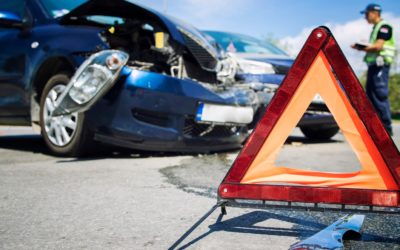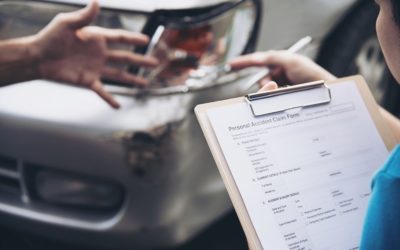Product Liability Lawyer Nova Scotia
Product Liability Lawyer Nova Scotia
Get expert legal support for your product liability claim with 3 decades of experience fighting for Nova Scotians’ rights.
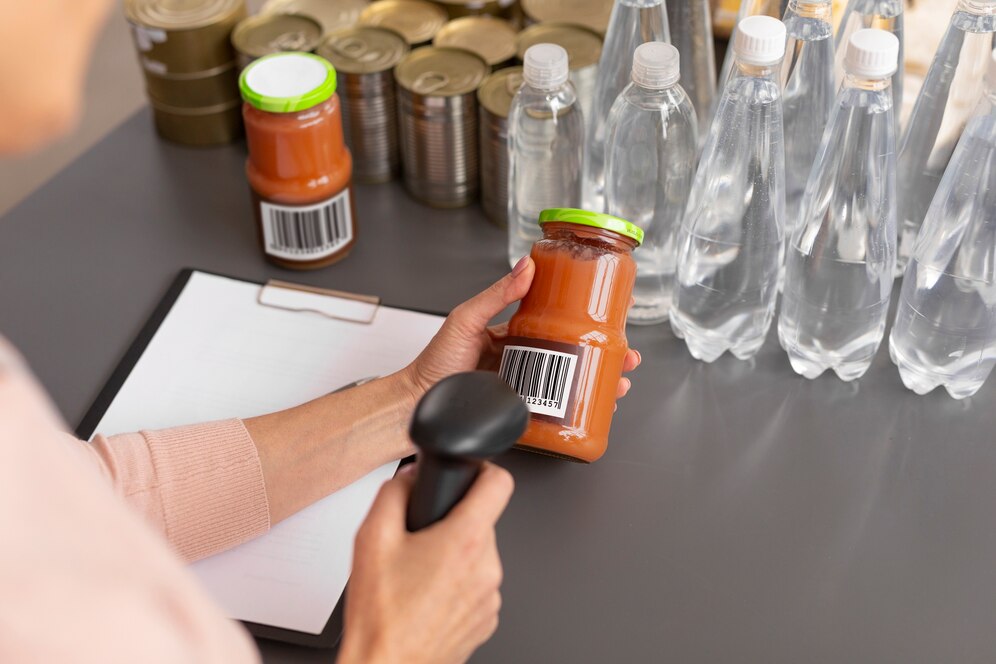
When you purchase a product, you place your trust in its safety. Manufacturers have a fundamental legal obligation to ensure their products meet rigorous safety standards before reaching consumers. This duty encompasses everything from initial design to proper labelling and safety warnings.
However, the reality of modern commerce often reveals a troubling pattern. Companies, driven by profit margins and market competition, sometimes rush products to market before adequate testing, ignore safety concerns, or minimize known risks. These decisions can lead to serious consequences when products with design flaws, manufacturing defects, or inadequate safety warnings reach consumers.
At LaViolette Law, we have 3 decades of experience in the law industry. Our extensive experience in product liability cases, combined with our boutique firm approach, means you work directly with senior lawyer Laurie LaViolette, who personally investigates every aspect of your case. From design specifications and manufacturing processes to safety testing and regulatory compliance, we leverage our expertise to hold manufacturers accountable and secure the compensation you deserve.
What Is Product Liability?
Product liability refers to the legal doctrine that holds companies responsible for putting defective or dangerous products into the marketplace that cause harm to consumers. It’s based on the principle that manufacturers and sellers have a duty to ensure their products are safe when used as intended.
This area of law ensures consumers can seek compensation when harmed by defective products without having to prove direct negligence. Instead, the focus is on the product’s condition and whether it was unreasonably dangerous when it left the manufacturer’s control.
Product liability encompasses a wide range of consumer goods, including: Medical devices, vehicles, household appliances, toys, pharmaceuticals, food products, industrial equipment, and construction materials. When these products cause injury due to defects in their manufacturing, design, or warnings, affected consumers have the right to seek compensation for medical expenses, lost wages, pain and suffering, and other damages.
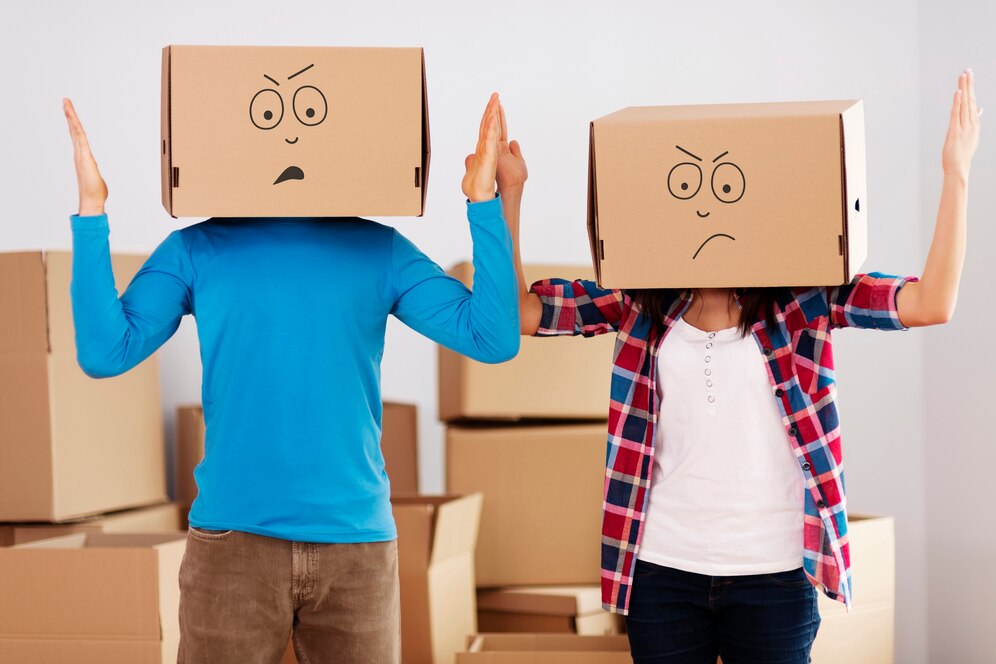
Types of Product Liability Claims
Product liability claims generally fall into three main categories, each addressing different aspects of product safety and manufacturer responsibility
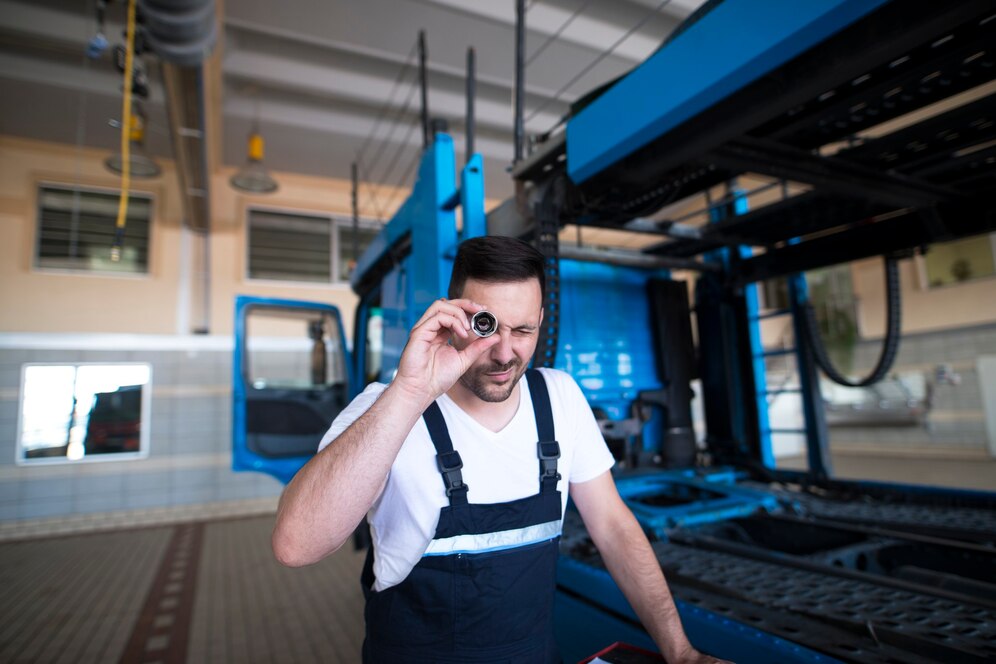
Manufacturing Defects

Design Defects
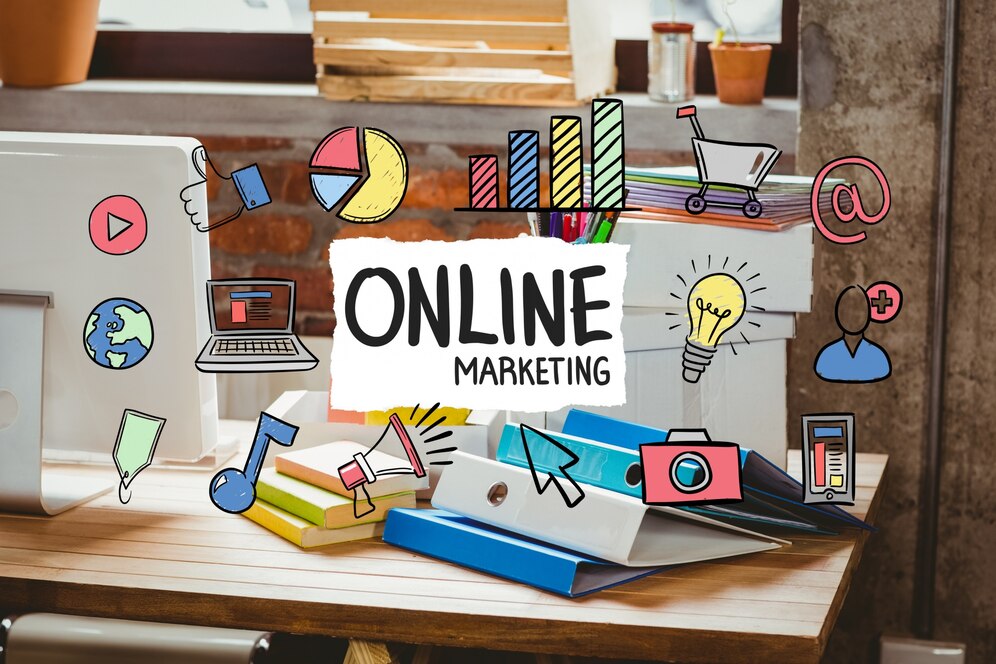
Failure to Warn (Marketing Defects)
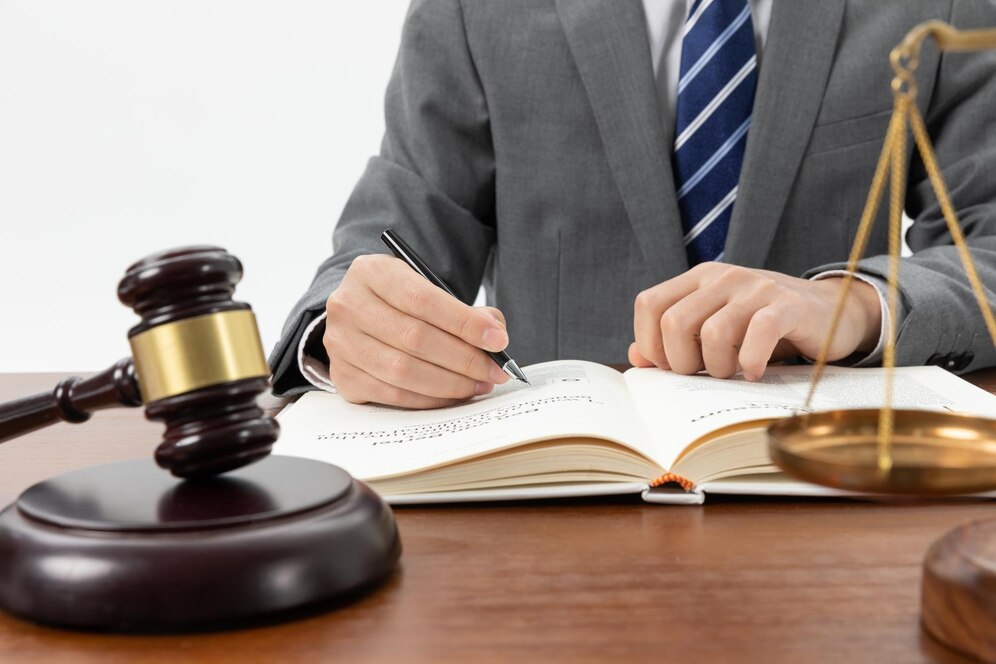
Strict Liability
What Steps Do I Need to Take After a Product Injury?

Seek Medical Attention

Preserve Evidence

Document Everything

Report the Incident

Track Your Losses

Consult a Lawyer
Contact an experienced product liability lawyer before discussing the incident with insurance companies or manufacturer representatives. Early legal guidance helps protect your rights and preserve crucial evidence.
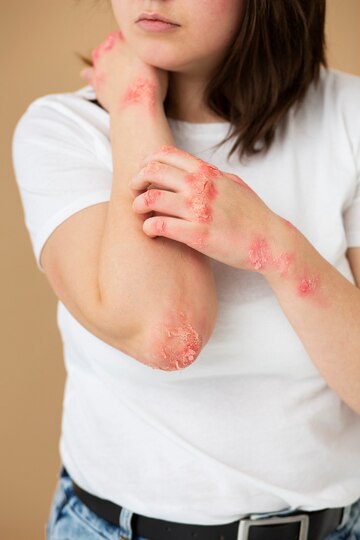

Time Limitations for Product Liability Claims in Nova Scotia
Under Nova Scotia’s Limitation of Actions Act, a claim must be brought within two years from when the claim is discovered, or fifteen years from when the act or omission occurred, whichever comes first.
A claim is discovered when you first knew or reasonably should have known that the injury occurred, it was caused by an act or omission, the defendant was responsible, and the injury is serious enough to warrant legal action.
For continuous acts or series of events, the limitation period starts from the last occurrence or when the act ceases. This provision ensures fair treatment for ongoing issues or repeated incidents.
The Act provides flexibility for personal injury claims. The court may disallow a limitation defence if it creates undue hardship, considering factors such as reasons for delay, available information, evidence quality, conduct of all parties, and the claimant’s circumstances.
Early legal consultation is important to ensure proper consideration of these statutory timelines and preservation of your legal rights under Nova Scotia law.
Contact us for a timely evaluation of your product liability claim.
Why Choose LaViolette Law?

Expertise
Work directly with Laurie LaViolette throughout your case, benefiting from 3 decades of experience.

Personal Attention

Clear Communication
FAQs
What resources and expertise are necessary to investigate a defective product?
Technical Resources
Technical experts examine product design, manufacturing processes, and defects. These specialists use their expertise to understand how and why the product failed.
Laboratory Analysis
Specialized testing facilities provide necessary equipment and capabilities to document and verify product failures. Labs conduct detailed analysis and performance testing.
Expert Coordination
Product liability cases require coordination between:
- Industry consultants
- Medical experts
- Safety specialists
- Testing facilities
Investigation Process
A structured investigation includes product examination, expert analysis, and documentation review. Proper evidence handling remains crucial throughout.
Combined Expertise
The collaboration of technical specialists, laboratory analysis, and legal knowledge ensures thorough investigation of defective products.
What role do label, warnings, and instructions play in product liability cases?
What role do label, warnings, and instructions play in product liability cases?
Warning Requirements Manufacturers must provide clear warnings about potential hazards and proper usage instructions. Missing or inadequate warnings can establish liability, even if the product itself isn’t defective.
Key Elements
Product warnings and instructions must:
- Be clearly visible
- Use understandable language
- Identify specific hazards
- Explain safe usage methods
- Include proper maintenance guidance
Legal Significance
of Failure to warn claims focus on whether the manufacturer adequately informed users about:
- Known risks
- Proper use instructions
- Safety precautions
- Potential misuse scenarios
Impact on Cases Inadequate labelling can establish manufacturer liability if:
- Warnings were missing or unclear
- Instructions were incomplete
- Safety information wasn’t prominently displayed
- Known risks weren’t disclosed
Consumer Protection Clear warnings and instructions serve as safety measures, helping prevent injuries and ensuring proper product use. Their absence or inadequacy can strengthen product liability claims.
Other Services We Offer
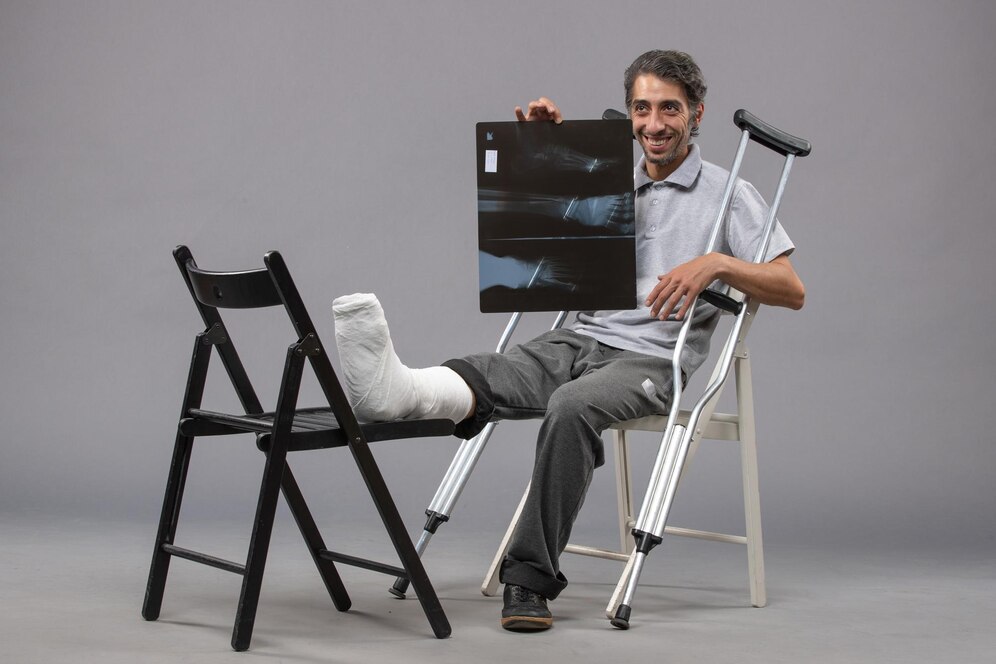
Injury and Insurance
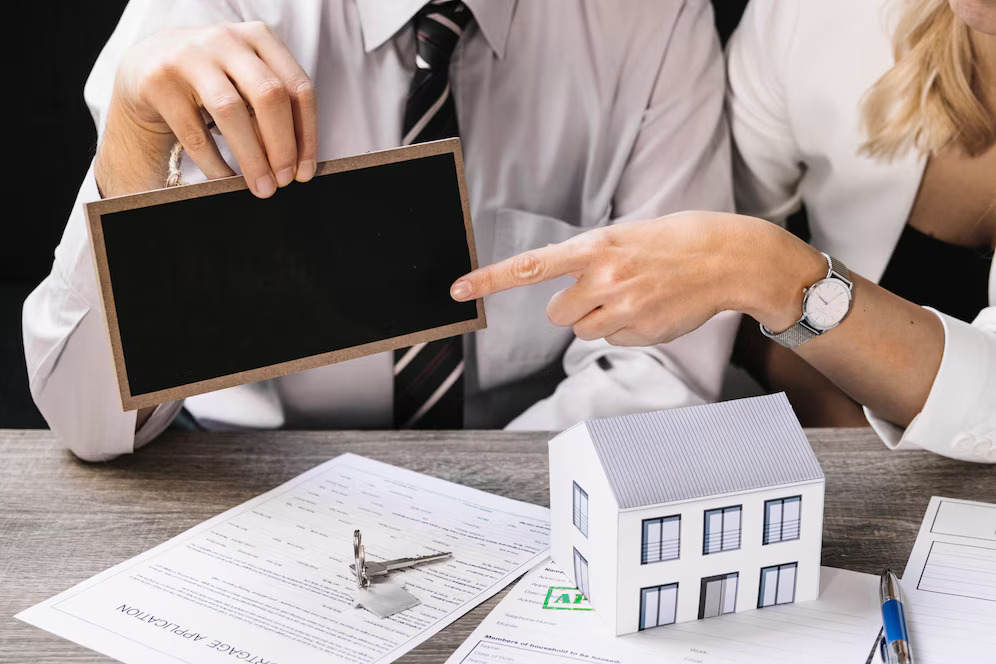
Estate Planning

Estate Administration / Probate
Our team of lawyers can guide you through every step of the Probate process whether, there is a valid Will, and we make sure that all time limits are met and documents...

Family Law
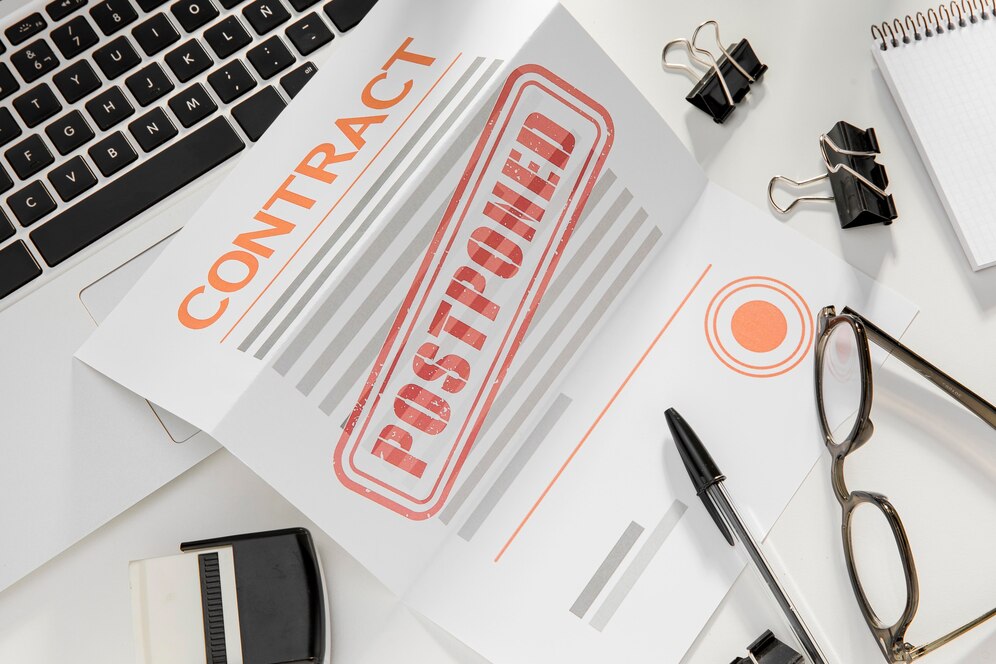
Civil Litigation
Litigation is the process of taking legal action through a proceeding or lawsuit. In addition to Injury and Insurance litigation, LaViolette Law represents both plaintiffs and defendants in other matters...

Other Legal Advice
Latest From Our Blogs
Why Hire a Car Accident Lawyer? 7 Reasons It’s the Smartest Decision
Car accidents bring more than just vehicle damage—they bring stress, uncertainty, and unexpected expenses. If you're wondering why hire a car accident lawyer, you’re not alone. A car accident can leave you dealing with painful injuries, medical...
What to Do After a Car Accident in Nova Scotia: A Step-by-Step Guide to Stay Safe and Covered
Introduction A car accident can happen in an instant, leaving you stressed and unsure of what to do. Knowing what to do after a car accident in Nova Scotia will help you stay calm, protect your legal rights, and simplify the insurance process....
Should I Hire a Lawyer for a Minor Car Accident? Here’s What You Need to Know
Introduction Should I hire a lawyer for a minor car accident? It’s a common question after small collisions. At first, it might seem straightforward—no obvious injuries, no major damage. But small accidents can lead to hidden problems. Delayed...



